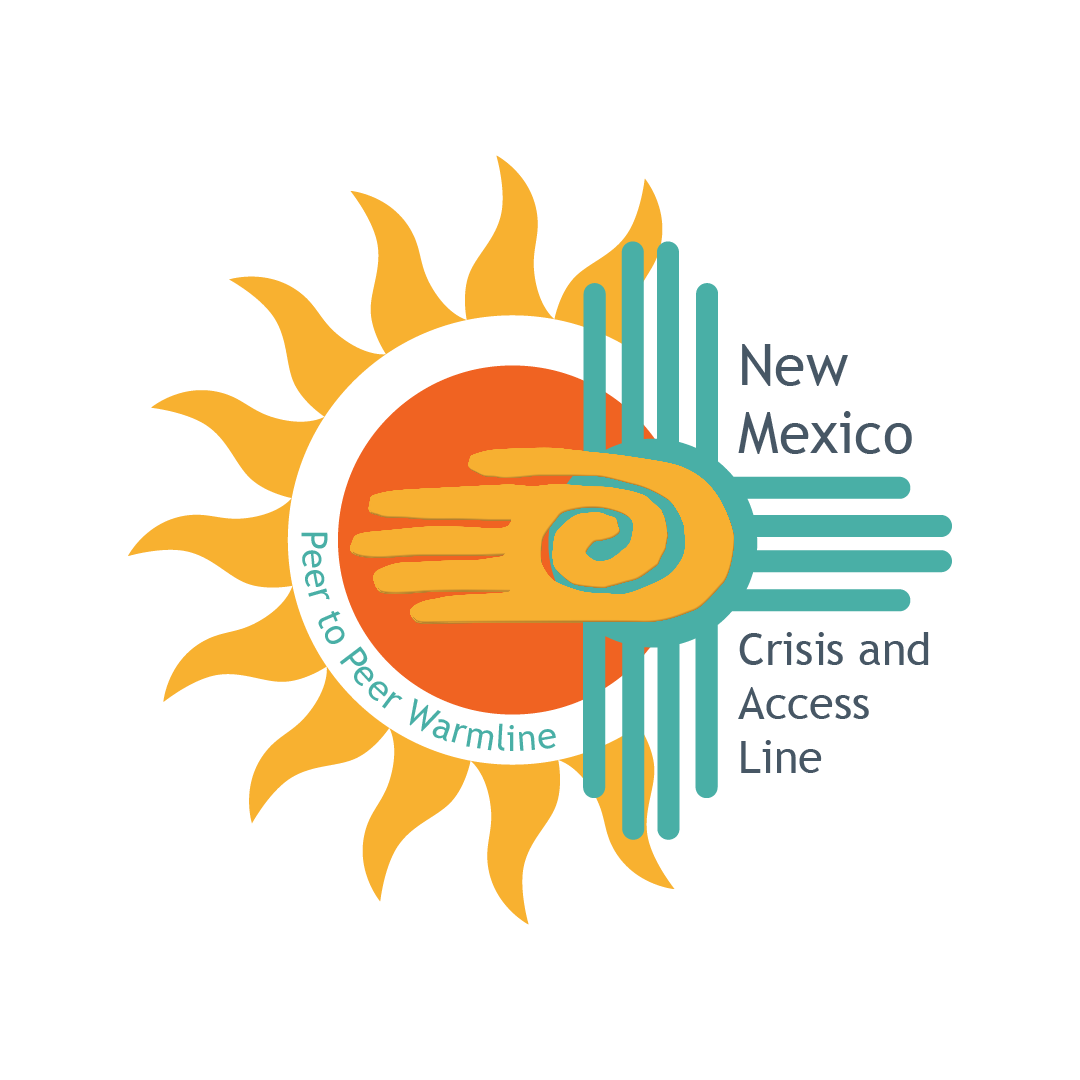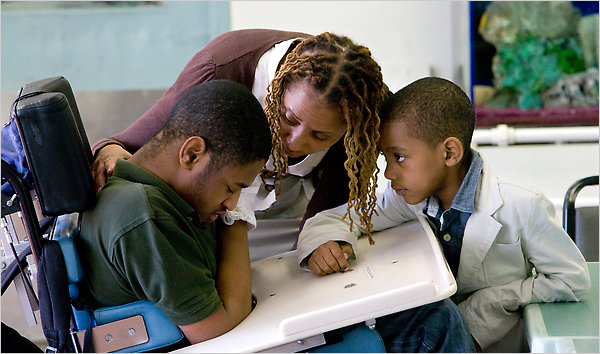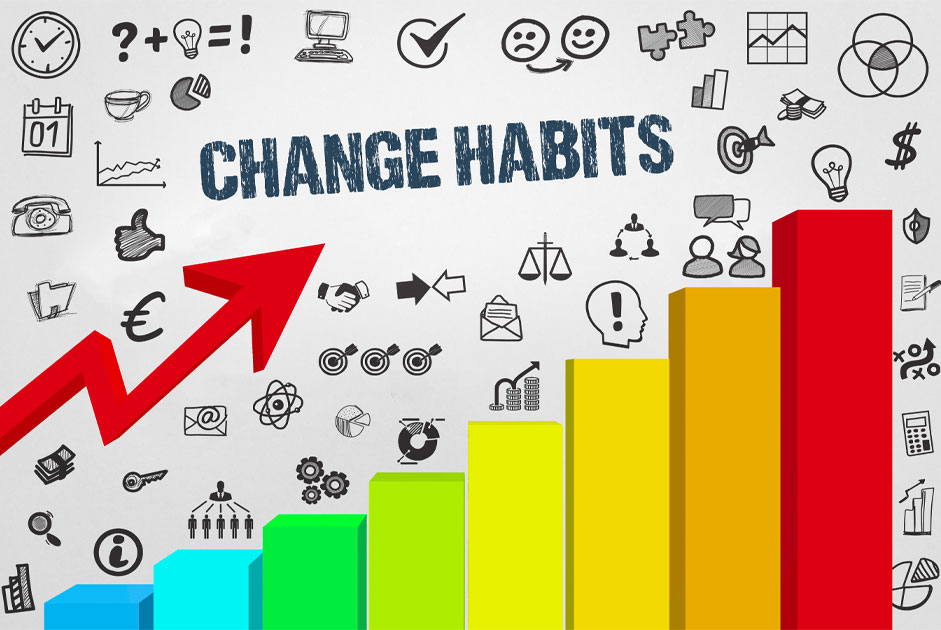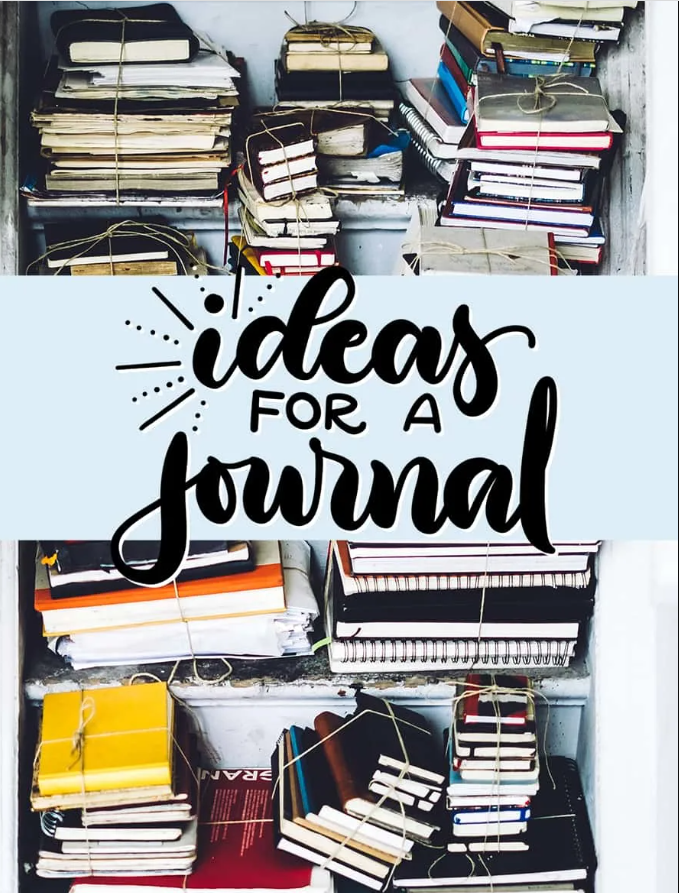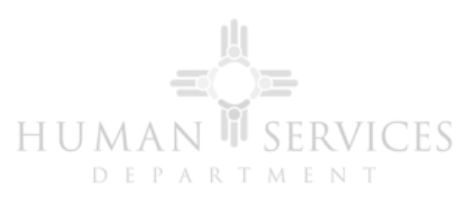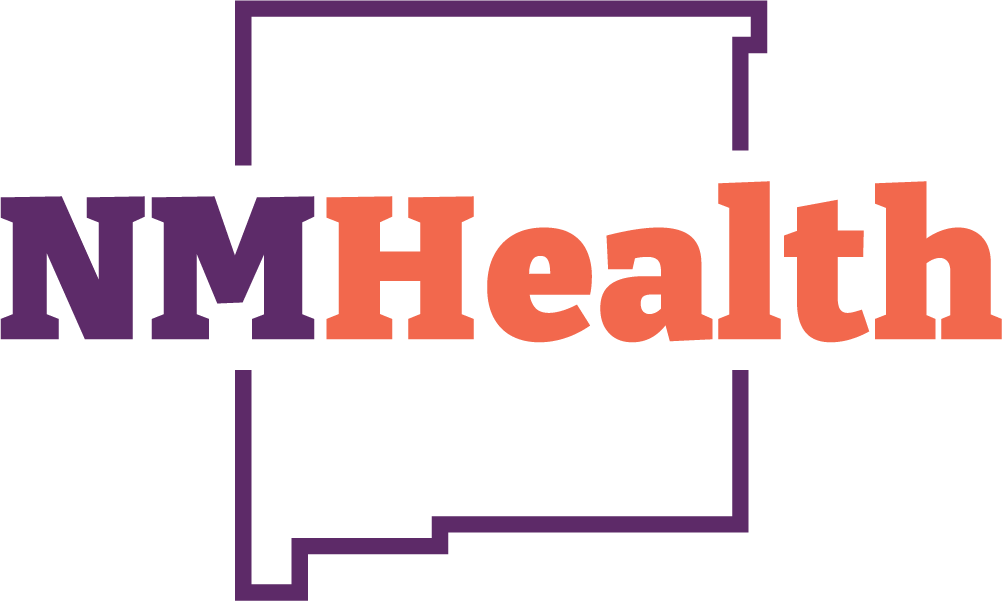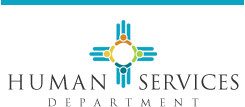People who live with disabilities are among the most affected populations amid the COVID pandemic. Where marginalization, discrimination, vulnerability and exploitation are every day factors for many people, the increased risk of poor outcomes have been magnified with the reduced access to routine health care and rehabilitation services, more pronounced social isolation, poorly tailored public health messaging, inadequately constructed mental health services, and a lack of emergency preparedness for people with disabilities and people with special needs.
This year the International Day of People with Disabilities was used to recognize that people who live with disabilities are among the most affected populations amid the COVID pandemic and we should gather together to understand the unique challenges, barriers, and opportunities for people who live with disabilities, in the context of a global pandemic.
Since March 2020, every person on earth has been impacted by drastic political, social and economic change as a result of domestic and international responses to COVID-19. I ask you to join me in calling on domestic and international public health officials, political representatives, advocates, supporters, and every citizen in every community, to learn from the experiences of people living with disabilities during this pandemic, and push for more meaningful investments into the socioeconomic building blocks which will reduce the barriers faced by people with disabilities in every community on earth.
The need for this is so important to me personally. Not only because I have invisible disabilities—but because I am so used to the world merely looking at disabilities as something to overcome to exist in an able world. This year’s theme is great because it challenges our usual assumptions that living with a disability needs awareness for sympathy or charity. We need awareness because the contributions of people with disabilities are varied, and not always able to be viewed through a purely able lens.
- “You don’t look sick.”
- “At least you have your health.”
- “Have you tried this vitamin/diet/meditation technique?”
For people living with disabilities; fielding well-meaning statements like this can cause harm that ends up—much like so many disabilities—invisible to most people.
“Our national recovery from the pandemic cannot be completed without the inclusion of all Americans, in particular people with disabilities,” said U.S. Secretary of Labor Marty Walsh. “The contributions of people living with disabilities have historically been vital to our nation’s success, and are more important today than ever. We must build an economy that fully includes the talent and drive of those with disabilities.”
If you’re looking to learn more about disability from an authentic perspective, please check out the resources published on the United Nations website.
Click here if you’re looking to learn more on how to advance human rights equality and reduce inequalities.
Find local programs and resources for people living with disabilities.
